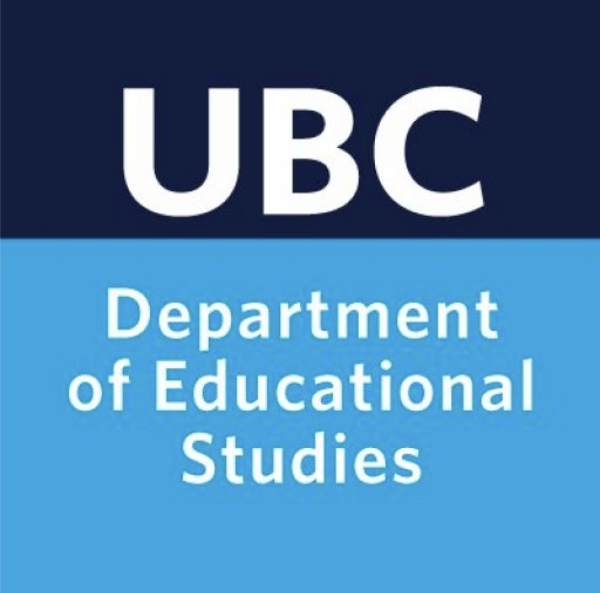Part 3 of the 10-part EDST Dissertation Training Series
By Ella Wright | Blog Editor, EDST | Insights from Dr. Autumn Knowlton
The Research Question is Everything
If there is one sentence that echoed throughout Dr. Autumn Knowlton’s workshop, it was this:
“The research question is everything.”
Your research question, or set of questions, is the anchor of your dissertation. It defines your purpose, shapes your structure, and guides every decision about what to include (and what to leave out).
But here is something many students find surprising:
Your research question can change.
And that’s okay.
What Are You Really Trying to Answer?
Many students start with a broad topic or a deep interest. That is a great place to begin, but a dissertation needs something more specific. It needs a clear, defensible question that you can realistically answer—and that you can stand behind during your defense.
Dr. Knowlton described this with a helpful metaphor:
“You’re holding a dartboard, not a dart. Focus on the target—your purpose—not on perfect aim.”
Proposal vs. Dissertation: Not the Same Thing
A common challenge is that students get attached to their proposal. But the truth is, your proposal is not a contract. It is a plan. And plans evolve.
As you collect data, read more literature, and reflect on your findings, you may realize that your original question needs refining. That does not mean you are off-track. It means you are thinking critically, as a scholar should.
Tip: Your final dissertation must meet the expectations you set out at the beginning of the writing process—not necessarily the ones you had when you started your PhD.
How to Know if Your Question Works
A strong research question should:
- Be clear and focused—not too broad, not too narrow
- Be answerable within the time and resources you have
- Align with your methodology and preferred way of creating knowledge
- Allow you to make a contribution to your field
Ask yourself: “Can I actually answer this question with my data and analysis?” If not, it’s time to revise.
Main Questions and Sub-Questions
Dr. Knowlton also emphasized the funnel structure of research questions:
- Your main question is broad but focused.
- Your sub-questions break it down into manageable parts.
Each sub-question should be precise enough that you can answer it directly—and together, they lead you toward answering the main question.
Editing Your Question (Without Losing Your Way)
When you revise your research question, consider:
- What you actually did in your research process
- What data you actually collected
- What you are able to say based on your findings
You can include a brief reflection in your methodology chapter if your research question evolved. This shows thoughtful engagement—not failure.
“The project you start off with is not the project you complete.”
This insight can help you let go of the need for perfection and focus on clarity and coherence.
Key Takeaways
- Your research question is your anchor—everything must serve it.
- It is normal for questions to evolve as your research develops.
- The question you defend is the one that matters—not the one you started with.
- Use main and sub-questions to guide your chapters and focus your analysis.
- Reflect on question changes in your methodology—this shows scholarly growth.
Explore the Full Dissertation Training Series
- Overview Post – About the Workshops and Series
- Part 1 – Not a Book, Not a Mystery: What Your Dissertation Really Is
- Part 2 – From Jumble Sale to Funnel: Planning Your Dissertation for Clarity and Flow
- Part 3 – Hold the Target, Not the Dart: Crafting and Evolving Your Research Questions
- Part 4 – Conversations, Not Catalogues: Writing a Literature Review with Purpose
- Part 5 – Kitchen Rules: Conceptual and Theoretical Frameworks Explained
- Part 6 – You Are the Method: Positionality, Ethics, and Making Knowledge
- Part 7 – Sock Time: Presenting Your Findings with Clarity and Confidence
- Part 8 – Weaving the Threads: Discussion and Meaning-Making
- Part 9 – What I Did, Why It Matters: Writing Your Scholarly Conclusion
- Part 10 – Don’t Go in Circles: Writing, Editing, and Staying Sane
Resources
Dissertation Preparation and Policies
- UBC Grad Studies – Getting Started:
https://www.grad.ubc.ca/current-students/dissertation-thesis-preparation - Style Guides and Computer Tools:
https://www.grad.ubc.ca/current-students/dissertation-thesis-preparation/style-guides-computer-tools
Writing Support and Self-Guided Modules
- EDST Thesis Writing Module:
https://thesismodules.edst.educ.ubc.ca/ - Developing a Dissertation (EDST Module):
https://thesismodules.edst.educ.ubc.ca/module-library/developing-a-dissertation/ - UBC Library Dissertation Guide:
https://guides.library.ubc.ca/dissertation
Free One-on-One Writing Support
- UBC Writing Consultations for Graduate Students (writing and referencing help):
https://writing.library.ubc.ca/graduates/writing-consultations/
Workshop Recording and Presenter
- Click to view Dr. Autumn Knowlton’s workshop presentation slides.
- Dr. Autumn Knowlton – (Re)Visions Website: https://www.autumnrevisions.com/
Explore More
UBC EDST students can access free tools and support through the Thesis Writing Module and the Developing a Dissertation module. For writing and referencing help, book a free graduate writing consultation.


Leave a Reply